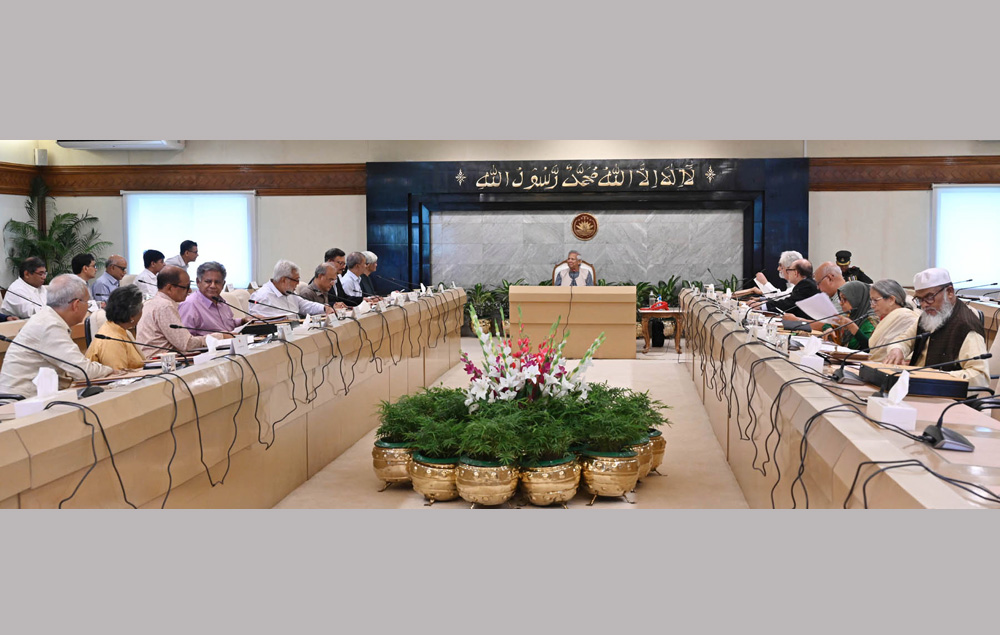
Online Desk: On September 6th, a day cherished as Defence Day in Pakistan, the nation commemorates one of its most pivotal historical events. It was on this day that the valiant armed forces of Pakistan fiercely defended their motherland against an Indian offensive during the 1965 war. It is a tribute to the national armed forces and the martyrs of the war.
On September 6, 1965 the Indian forces attacked the borders of Pakistan in a bid to stop the advance of our military into the Indian Illegally Occupied Jammu and Kashmir (IIOJK). The areas that mainly came under attack were Lahore, Sialkot and the arid expanses of Sindh. As the ground and air forces of the country continued battling the ruthless Indian forces, the Pakistan Navy initiated massive operation “Dwarka” – codenamed “Operation Somnath”.
Under the shroud of darkness on the night of September 8th, six frigates of the Pakistan Navy ventured 200 nautical miles (approximately 350 kilometers) into Indian waters, executed with remarkable precision. To add to the complexity of this operation, the submarine PNS Ghazi silently lurked at a depth of 400 feet beneath the waves.
Dwarka is also considered the 18th attack on the temple of Somnath as the Hindu worship place exists in the same coastal area. The initiation of this operation by the Pakistan Navy was unavoidable because fighter jets flying from India on the warfronts were getting technical support from the Dwarka radar.
After aiming the enemy, the first to be targeted by the Pakistani Navy warships was the Indian-high frequency radar after which naval air station, lighthouse and other sensitive installations were attacked incessantly. The audacious onslaught by the Pakistan Navy left the considerably larger Indian Navy in a state of utter helplessness and forced it to witness its own destruction.
Talking to The Express Tribune, Vice Admiral (retd) Irfan Ahmad Hilal noted that Dwarka Operation was crucial for the defence of the country because the Pakistan Air Force was under great pressure in Kashmir after the opening of the warfront. He said the operation which demanded a quick strategy had two objectives. The first one was to destroy the radar station in Dwarka whereas the second was to create such conditions where the enemy’s routes in the sea could be blocked, enabling Pakistan to defend itself in the most pertinent manner.
He said all the ships in the fleet of Pakistan Navy were fully operational.
On the military side, Pakistan Army’s 16 Punjab Regiment defended Lahore. Only two companies of this regiment fought against 36 companies of the enemy for 12 days and restrained the army from capturing the BRB canal flowing in the east of the provincial capital.
A total of 106 soldiers of 16 Punjab Regiment embraced martyrdom in this war, which is the highest number of martyrdom of any unit in the history of Pakistan Army.
Brigadier (retd) Sher Afgan recalled that during the 1965 war, his platoons were ordered to advance towards the Indian territory on the eastern border of Lahore and restrain the enemy from crossing the BRB Canal, which was their defence line. He maintained that one of the two companies of his platoons had captured the Indian Rani post near the Wagah border while the other company captured another Indian post across the Ravi River.
The 1965 war continued till September 23, 1965 when both the countries accepted the United Nations-administered ceasefire.







